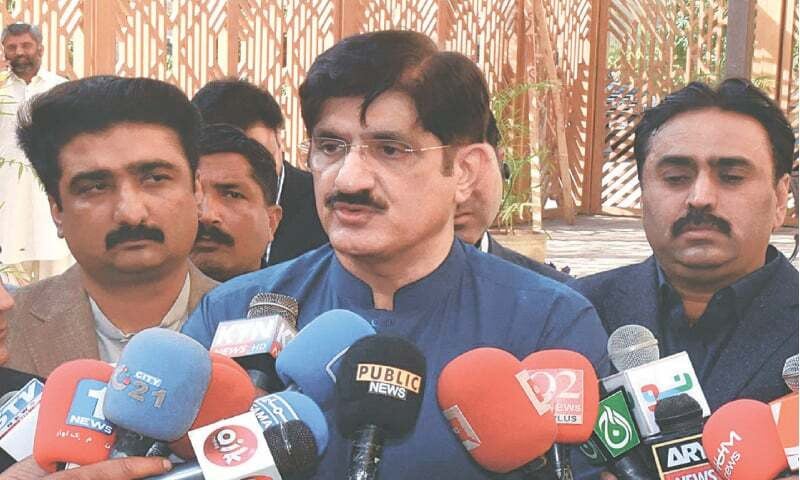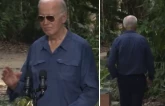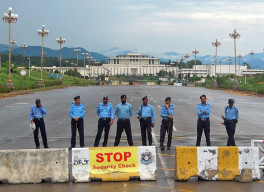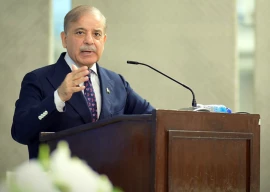
After facing strong resistance from the Sindh province, ruled by one of its major coalition partners, the PPP, the PML-N-led federal government has withdrawn a notification appointing a former federal secretary, Zafar Mahmood, as the chairman of the Indus River System Authority (Irsa).
During the previous term of the PML-N, Mahmood was also appointed as the Water and Power Development Authority (Wapda) chairman after retiring as a federal secretary.
However, Mahmood had to step down as the Wapda chairman due to the former prime minister's displeasure over the non-completion of dams, especially the Neelum Jhelum hydropower project.
Now, Shehbaz Sharif made his first controversial decision soon after becoming the prime minister for the second time by appointing Mahmood as the chairman of Irsa, a regulator comprising members from all four provinces for the fair and transparent distribution of water resources.
The province of Sindh strongly objected to the move, with Chief Minister Murad Ali Shah conveying his reservations to Shehbaz in a telephone call. PM Shehbaz assured Shah to address his concerns.
Sindh Irrigation Minister Jam Khan Shoro later told media that the CM in his conversation with Shehbaz emphasized the appointment of the Irsa chairman through rotation among provincial members in line with a decision of the Council of Common Interests (CCI).
Later, the principal secretary to the PM issued a notification stating that Mahmood's appointment as the Irsa chairman would be treated as withdrawn.
The appointment of Zafar Mahmood—a retired BS-22 federal government officer—as the Irsa chairman also sparked controversy in the National Assembly.
Read PM takes notice on IRSA chairman appointment
PPP MNA Syed Naveed Qamar raised serious reservations over Mahmood's appointment, declaring it illegal and unconstitutional. He urged the Shehbaz government to immediately withdraw the notification.
The appointment was also opposed by various political parties from Sindh, including the Awami Tehreek, Grand Democratic Alliance, Sindh Taraqi Pasand Party, and Jeay Sindh Mahaz-Riaz. They labeled the appointment notification as unconstitutional, illegal, and unethical.
CM Shah, addressing reporters in Karachi, underscored the necessity for Irsa's independence from federal influence, referring to an ordinance introduced during the caretaker government's tenure that amended the appointment process without consulting the provinces.
The controversial appointment of Mahmood as Irsa chairman was made under the disputed Irsa Amendment Ordinance 2024, which had been returned with reservations by the then president, Dr Arif Alvi, to the caretaker PM Anwaarul Haq Kakar.
The political parties in Sindh termed the proposed amendment as unconstitutional and illegal, arguing that the caretaker government did not have the authority to enact such changes.
These amendments granted extensive powers to the Chairman Irsa, raising concerns about the autonomy and effectiveness of the regulator.
The proposed law also prohibited the provinces from approaching the CCI in case of objections to Irsa’s decision, while empowering the Irsa chairman to request the federal government to call the armed forces or other law enforcement agencies for the protection of installations or locations. It also granted powers to the Irsa chairman to hire employees and consultants.



1730965998-0/BeFunky-collage-(27)1730965998-0-165x106.webp)
1731933289-0/BeFunky-collage-(68)1731933289-0-165x106.webp)





1731929357-0/Express-Tribune-(6)1731929357-0-270x192.webp)









COMMENTS
Comments are moderated and generally will be posted if they are on-topic and not abusive.
For more information, please see our Comments FAQ